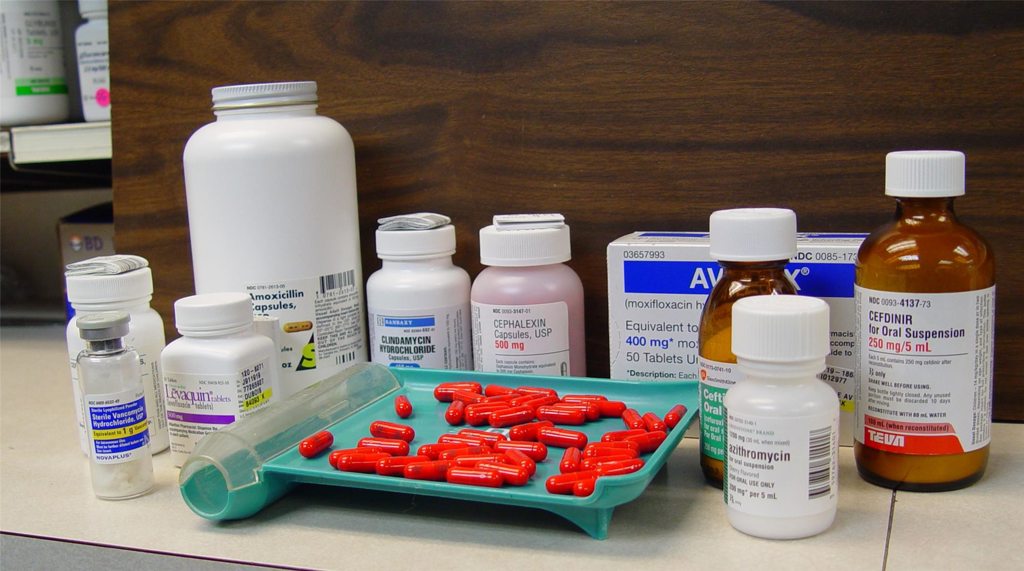
Overuse of Antibiotics
Antibiotic resistance has been called one of the world’s most pressing public health problems, according to the Centers for Disease Control.
Antibiotics are the most important tool we have to combat life-threatening bacterial diseases. Antibiotics save lives, according to Christine Garner, Chief Nursing Quality Officer at Penn Highlands Elk.
But the overuse of antibiotics has increased and this can result in more drug-resistant germs in the world.
Antibiotic resistance occurs when bacteria change in a way that reduces or eliminates the effectiveness of antibiotics. Infections with resistant bacteria have become more common in healthcare and community settings, and many bacteria have become resistant to more than one type or class of antibiotic, the CDC said.
And that’s a problem. This is happening now in the U.S. and throughout the world. Common antibiotics are becoming ineffective at killing some bacteria, Garner said. Antibiotic resistance is changing the usefulness of essential and common drugs and is not just a problem for the person with the infection. Some resistant bacteria have the potential to spread to others.
When antibiotics fail to work, the illnesses are longer-lasting and can lead to death. A lack of an effective antibiotic can extend hospital stays and care. If cheaper and popular drugs are not effective, then hard-to-find and more expensive ones may be needed.
This is especially alarming for the future as children are becoming ill due to antibiotic resistance bacterial infections. What will happen to them in the future if today’s antibiotics cannot be used?
Why is this happening?
Antibiotics cure bacterial infections, like sinusitis and bronchitis - not viral infections, such as colds and influenza. Not only do antibiotics not work on viruses, you can become ill with an antibiotic-resistant bacterial infection from killing off good bacteria unintentionally. In children, reactions to antibiotics are the most common cause of emergency department visits for adverse drug events.
The problem is that we expect antibiotics to work for every illness, but they don’t. More than 50 percent of antibiotics are unnecessarily prescribed in office settings for upper respiratory infections, like cough and cold illness, most of which are caused by viruses. Parents especially want antibiotics for their children.
What can patients do to help themselves? Only take antibiotics for bacterial infections, such as strep throat or bacterial sinus infections. Let the physician decide if an antibiotic is necessary and believe him or her. If an antibiotic is not prescribed for an illness, ask what else can be done rather than insist on an antibiotic drug.
If you are given an antibiotic, follow the instructions. Take all the doses, even if you start feeling better. Bacteria can regenerate and be immune to the antibiotics that you first started to use. If the illness comes back, it may be resistant to the same type of treatment.
Don’t share or use leftover antibiotics. Taking the wrong medicine may delay correct treatment and allow bacteria to multiply.
The best advice for colds and flus is to get plenty of rest. Use over-the-counter medicines as directed, and read closely since many over-the-counter products are not recommended for young children. If symptoms include a high fever or last longer than ten days, see a physician.
Also, help yourself avoid illness by using good hand hygiene. Use soap and water or an alcohol-based hand rub to clean your hands often. Exercise, eat nutritious foods and get enough sleep to help keep your immune system healthy.
